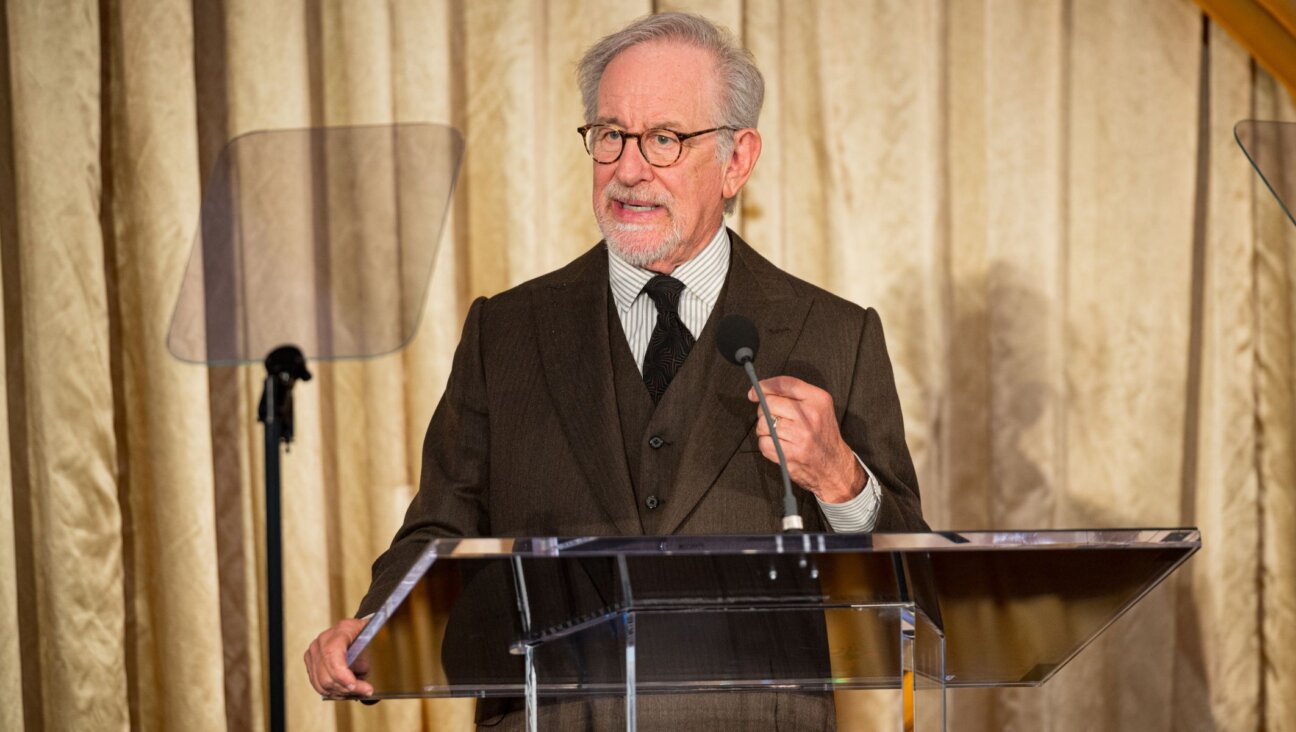
A.J. Goldmann is a writer based between Munich and Berlin. His articles about European and Jewish culture have appeared in The Wall Street Journal, The New York Times, The Atlantic, The New Republic, and The Guardian.

A.J. Goldmann is a writer based between Munich and Berlin. His articles about European and Jewish culture have appeared in The Wall Street Journal, The New York Times, The Atlantic, The New Republic, and The Guardian.

The virtually forgotten Lithuanian-Jewish composer Joseph Achron (1886-1943) is getting a premiere this weekend in the German city of Brandenburg an der Havel. As part of their season-long exploration of music suppressed by the Third Reich, the Brandenburg Symphoniker, conducted by Robin Engelen, will present the first German performance of Achron’s third violin concerto (and…

When Virgil Thomson saw Wanda Landowska perform at New York’s Town Hall in 1942, he wrote in the New York Herald-Tribune, “She plays the harpsichord better than anybody else ever plays anything.” The same year, The New Yorker’s Robert Simon added: “When I’ve heard Mme. Landowska play harpsichord music, the same music has never seemed…

The Berlin International Film Festival, which unspools in the German capital each February, is Europe’s largest film fest. This year’s installment, which ran from February 10 to 20, featured four Israeli productions and a number of films that dealt with Jewish issues, not including the Coen Brothers’ “True Grit,” which opened the festival with a…

The Israeli director Jonathan Sagall reclines in a futuristic white leather pod, drinking fancy herbal tea in a private lounge on the 24th floor of the Kollhoff Building at Potsdamer Platz. Down below, the film journalists, industry officials, actors and stargazers scramble like ants toward the various venues of the 61st Berlin International Film Festival,…

Else Lasker-Schüler was one of the most influential literary figures in early 20th-century Berlin. She was known for her literary Stammtisch, or get-togethers, at the Café des Westens and for her bohemian ways. But it was her Expressionist poetry, with its penchant for exotic imagery and neologism, that made her famous. Here in Germany, more…

For over half a century, Alexander Goehr has been one of England’s most important composers, an avant-garde musician whose varied (and often challenging) body of work has been championed by luminaries including Pierre Boulez, Simon Rattle, Daniel Barenboim and Jacqueline de Pré. Goehr’s manuscripts have recently been acquired by the music archive of Berlin’s Akademie…

As part of its epic retrospective of Weimar Cinema, “Daydreams and Nightmares,” New York’s Museum of Modern Art will screen Werner Hochbaum’s 1932 film “Razzia in St. Pauli” on January 29 and February 2, an early German sound film long thought lost. An atmospheric slice-of-life look at the Hamburg underworld of pimps, prostitutes and criminals…

“Weimar Cinema, 1919–1933: Daydreams and Nightmares,” running at MoMA until March 7, 2011, is billed as the largest-ever retrospective of German cinema from between the Wars to be shown in the United States. The era’s defining cinematic style, expressionism, is well-represented in dozens of offerings, giving a healthy dose of the atmospheric, disturbing and downright…








100% of profits support our journalism